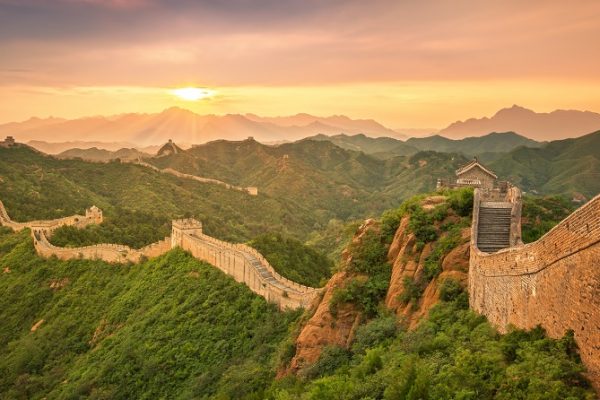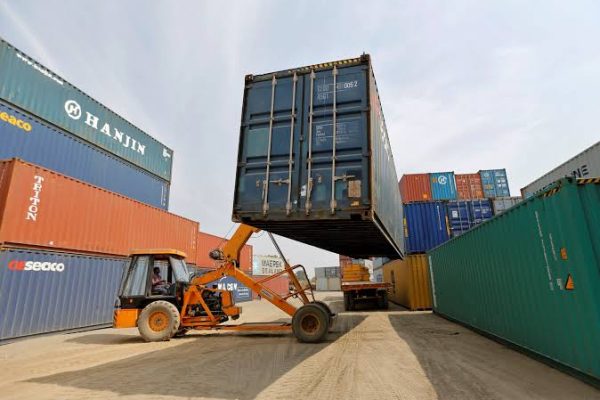
The Political Exploitation of “Love Jihad” in India: A Comprehensive Analysis of Misconceptions and Misuse of Jihad
This comprehensive analysis explores the concept of “Love Jihad” in India, examining how it has been politically exploited to mobilize votes and create divisions. The article addresses misconceptions about jihad and Islam, the role of media in spreading misinformation, and the impact of related legislation on interfaith relationships and personal freedoms.















